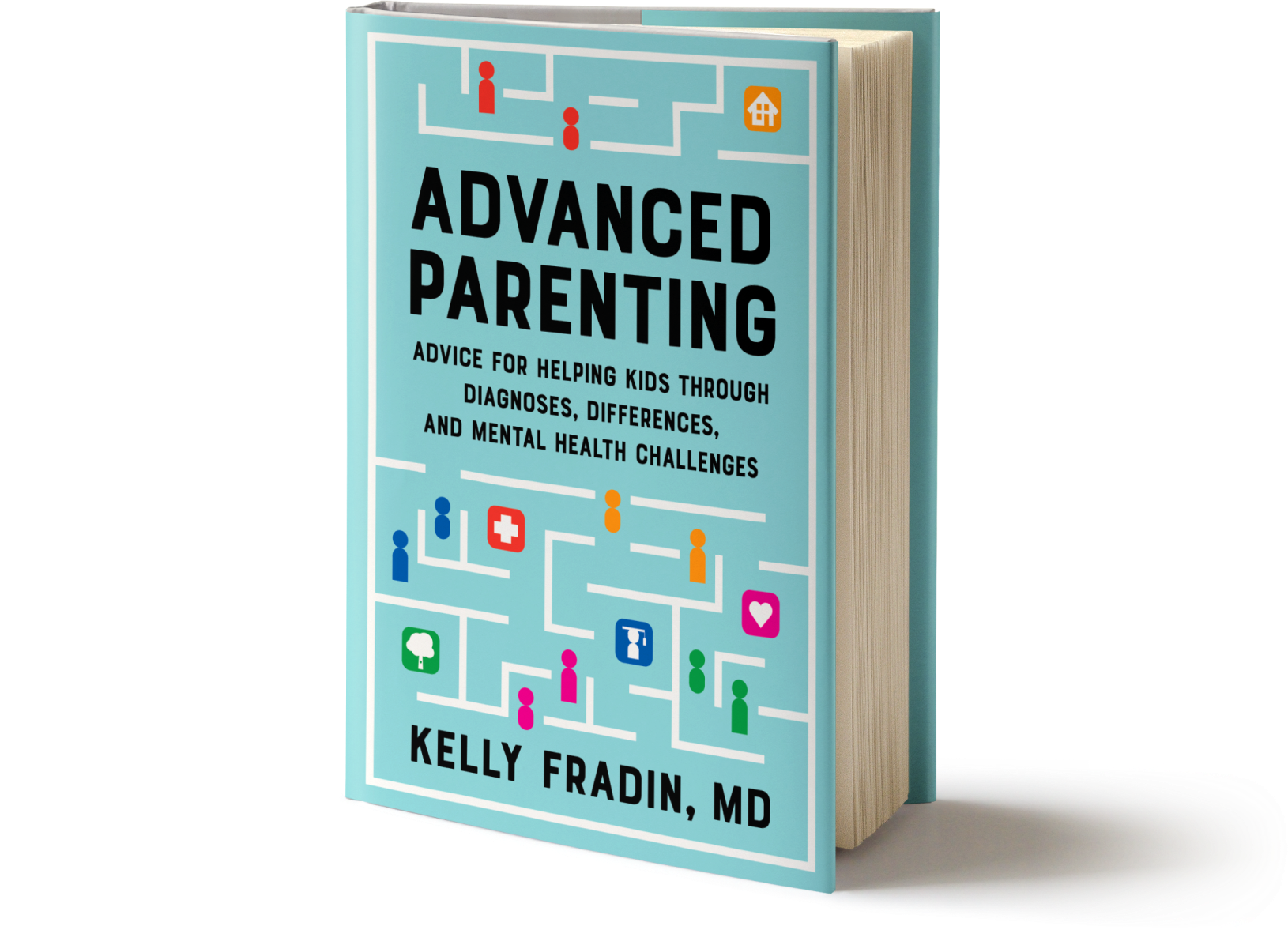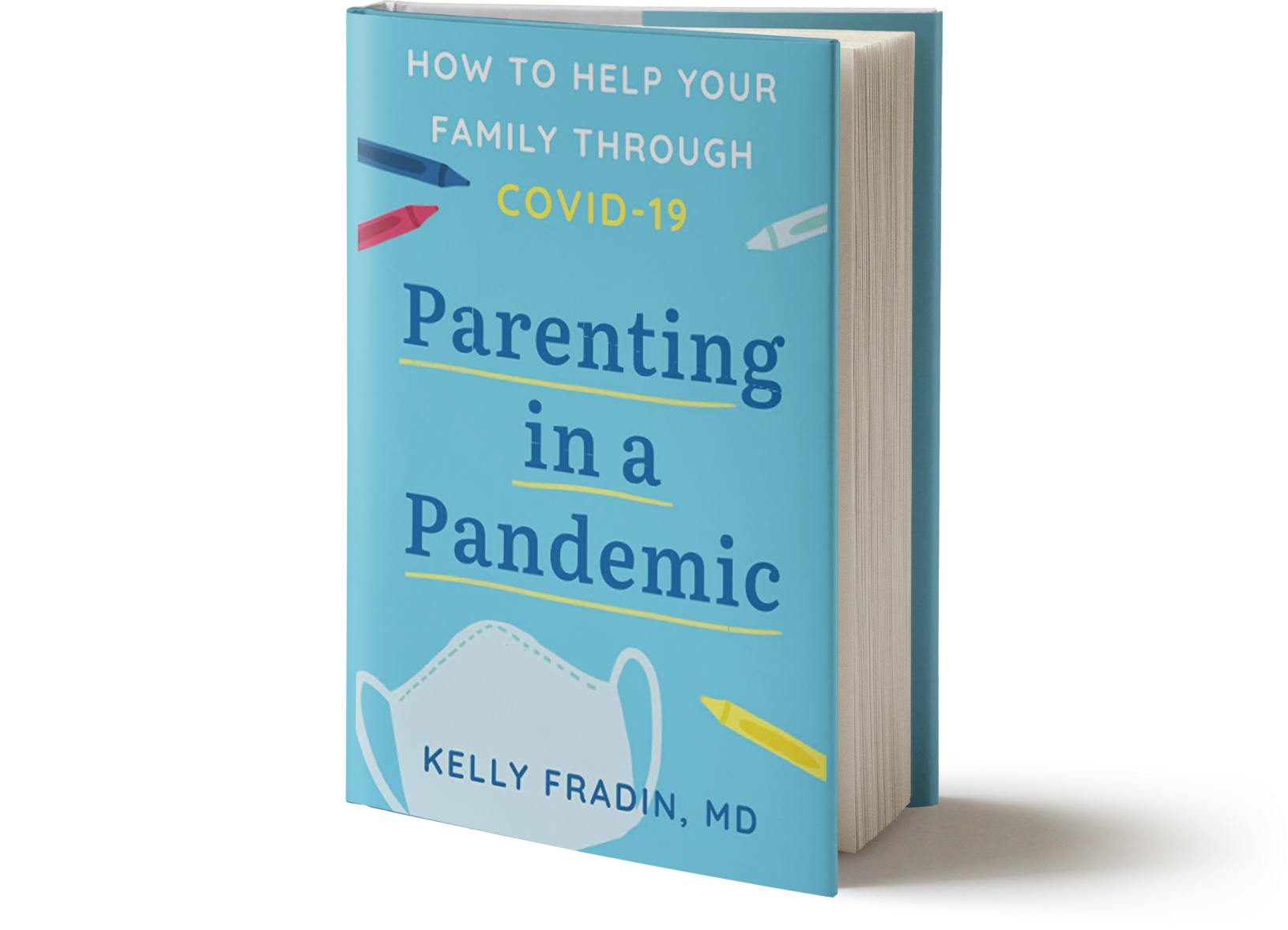As a pediatrician, I’d like to encourage parents to just be parents and enjoy watching their children’s development progress. Ideally we could count on the pediatrician to do the screening for developmental milestones at well visits. Doctors can help place milestones in a context of the big picture to avoid panic. Childhood is not a race. Achieving milestones early does not predict life success. I would love it if we could relax our expectations.
But as a realist and as a friend, I know there is a lot of anxiety about milestones. So many of my peer parents want to know exactly where their child stands relative to other children in their development. And I can’t blame them. Parents are valuable advocates for their children’s wellbeing and knowledge is power.
If you are in this bucket of wanting facts and data, I would like you to have access. So, I wanted to share this resource, which puts milestones in context by showing you data about 54 milestones from more than 41,000 American children published in 2019. Rather than saying yes or no, this data will show you the large range of normal (e.g. 75% by this age) and the impact of language differences like “somewhat” and “very much.” If you are interested check it out below. It’s information overload, but it’s also very useful context, especially for pediatricians and physical/occupational/speech therapists.
I think it only works in excel. The article in pediatrics from 2019 may require a subscription, but the database is marked to be shared and freely accessible. More information about the “Survey for Wellbeing in Children” is available here.
Download the excel sheet

